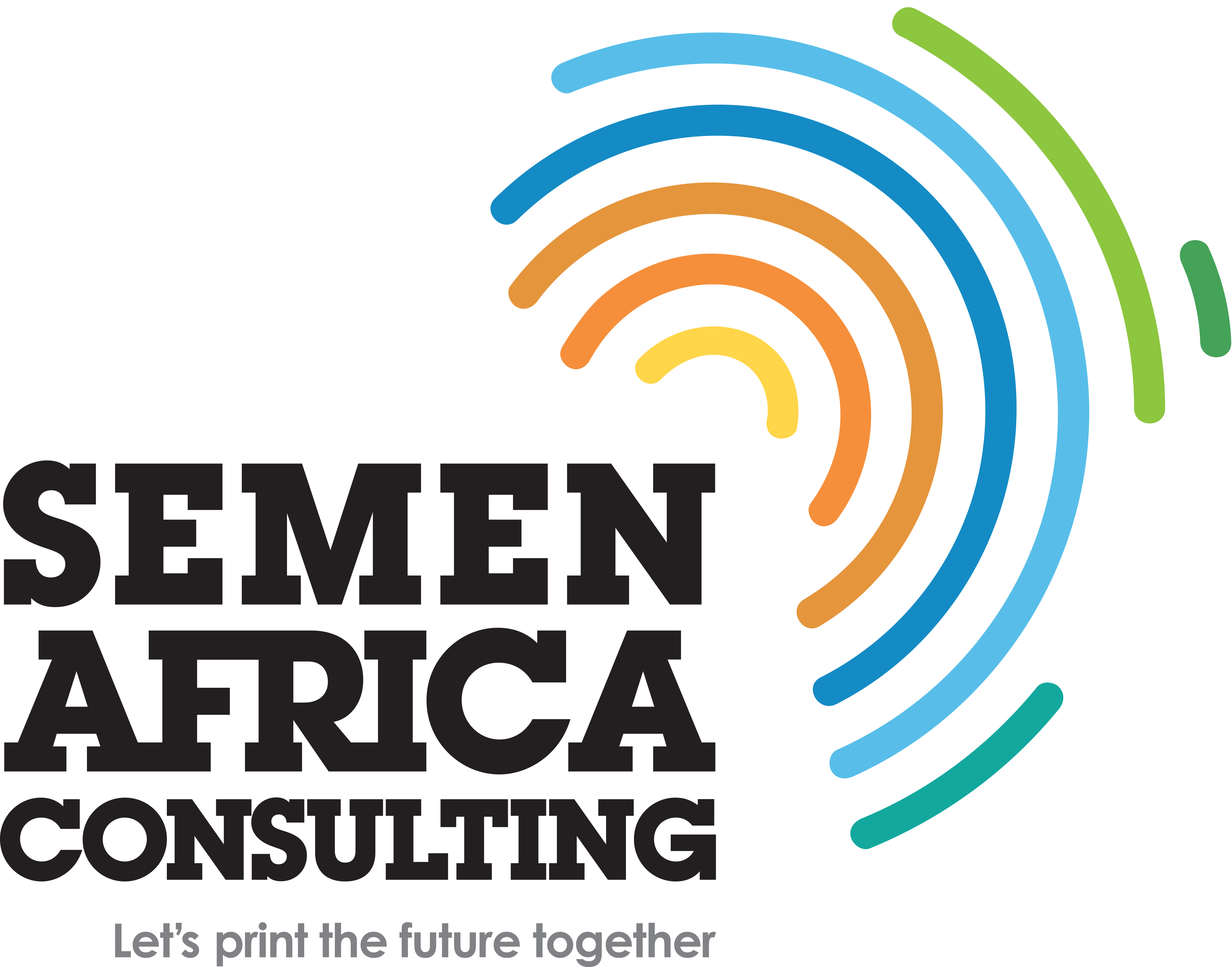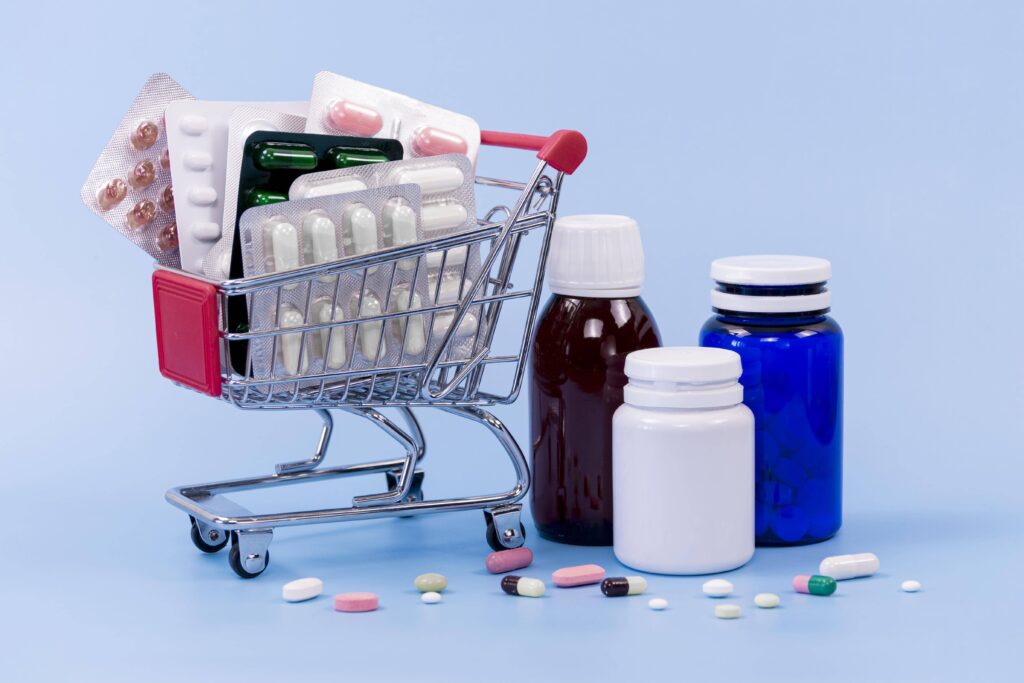Drug trafficking is a global problem, with the WHO estimating that one in every 10 medicines in the world is counterfeit. According to the IFPMA (International Federation of Pharmaceutical Manufacturers & Associations), $1,000 invested in this traffic eventually generates over $500,000 in profits, making it twice as profitable as drug trafficking. Faced with such a scourge, Africa has decided to act on a continental scale, opening up tremendous prospects in terms of health policy and health economics. SEMEN AFRICA CONSULTING explains why.
Fake medicines in Africa: a health and economic challenge
As with any form of trafficking, it’s difficult to assess the scale of counterfeit drugs. But it is clear that sub-Saharan Africa is particularly hard hit, as evidenced by sampling carried out by drug evaluation agencies. In Africa’s largest medical market, Nigeria, at least 17% of medicines are substandard. Countries without maritime access are by far the worst affected, with counterfeit prevalence ranging from over 20% in Mali, Ethiopia, Burkina Faso, Chad and Niger, to over 40% in countries like Malawi.
Even if the figures may be overestimated, with wide variations depending on the territory and population, the scourge of counterfeit drugs in sub-Saharan Africa poses a two-fold problem: -health, as it endangers hundreds of thousands of patients, with drugs that are at least less effective, and sometimes even dangerous; -economics, as it endangers the economic health of private laboratories and investors wishing to enter the African healthcare market, with the consequent risk of delays and under-investment.
The causes of this traffic have been clearly identified: -a regulatory problem, since defining a fake drug implies defining what a drug is upstream: yet legislation often varies from one country to another, which explains the difficulty of coordinating action on a continental scale; -a logistical problem, with a lack of supply favored by a shortage of local drug production and transport difficulties; -an economic problem, with very low purchasing power for certain populations.
A real ambition to combat counterfeit medicines in Africa
By setting up an African Medicines Agency (AAM) in 2021, the WHO and African countries have demonstrated their ambition to clean up the medicines economy in Africa.
The AAM’s objective is to guarantee better access to safe and effective medical products, by focusing on several points: -fighting drug trafficking more effectively, by criminalizing counterfeiting with stiffer penalties; -controlling the drugs sold more effectively, by prioritizing essential medicines for pathologies on the African continent; -increasing local drug production, by committing to an ambitious policy of public and private investment in the African medical market.
Fake medicines: turning problems into opportunities
It is estimated that the drug market in Africa will reach around 16 billion by 2023, 55% of which will come from the sub-Saharan pharmaceutical market. This represents just 1.1% of the global market, but all studies show that healthcare in Africa is a sector with a bright future, whose growth rate is set to equal or even surpass that of Western countries. According to UNECA (United Nations Economic Commission for Africa), the medical economy on the African continent could represent 14% of medical investment opportunities by 2030, almost as much as the USA (21%).
Do not dissociate health economics and quality of care
While the African continent alone accounts for 25% of the global burden of disease, it is home to just 1.3% of healthcare professionals, demonstrating that a huge effort needs to be made in terms of training. But having qualified personnel and high-performance equipment is not enough: an appropriate healthcare offer must guarantee a set of controlled processes, in line with international recommendations.
To this end, it is essential to integrate ISO 9001 standards into the healthcare offering, guaranteeing a systematic and rigorous control policy.
To rise to such a challenge, and take advantage of such opportunities, investors need relevant support from credible players in the field, to guarantee a high-performance, ethical investment with a win-win approach.



